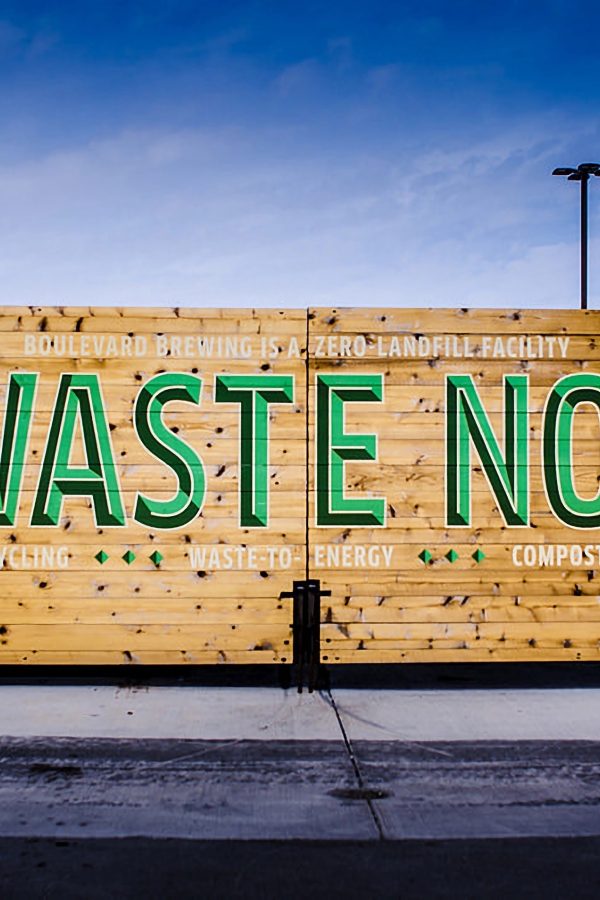As the planet generously provides us with great ingredients for our widely praised beers, we want to give back with actions that make an actual difference.
Carbon footprint

-8%
absolute Scope 1 & 2 emissions
– 16%
absolute Scope 3 emissions
50%
renewable electricity
67%
of purchased goods emissions attributed to SBTI-aligned suppliers
Water stewardship

-13%
total water consumption
+1.5%
water reused
–7%
water intensity ratio
Regenerative argiculture

300 tons
of regenerative malt
10%
Contracts with key suppliers
up to -80%
CO2 emissions per ton malt
Circularity

Download the full sustainability report
Explore how Duvel Moortgat is brewing a better tomorrow. From carbon reduction to water stewardship, discover the steps we're taking to create a positive impact across our global network.
